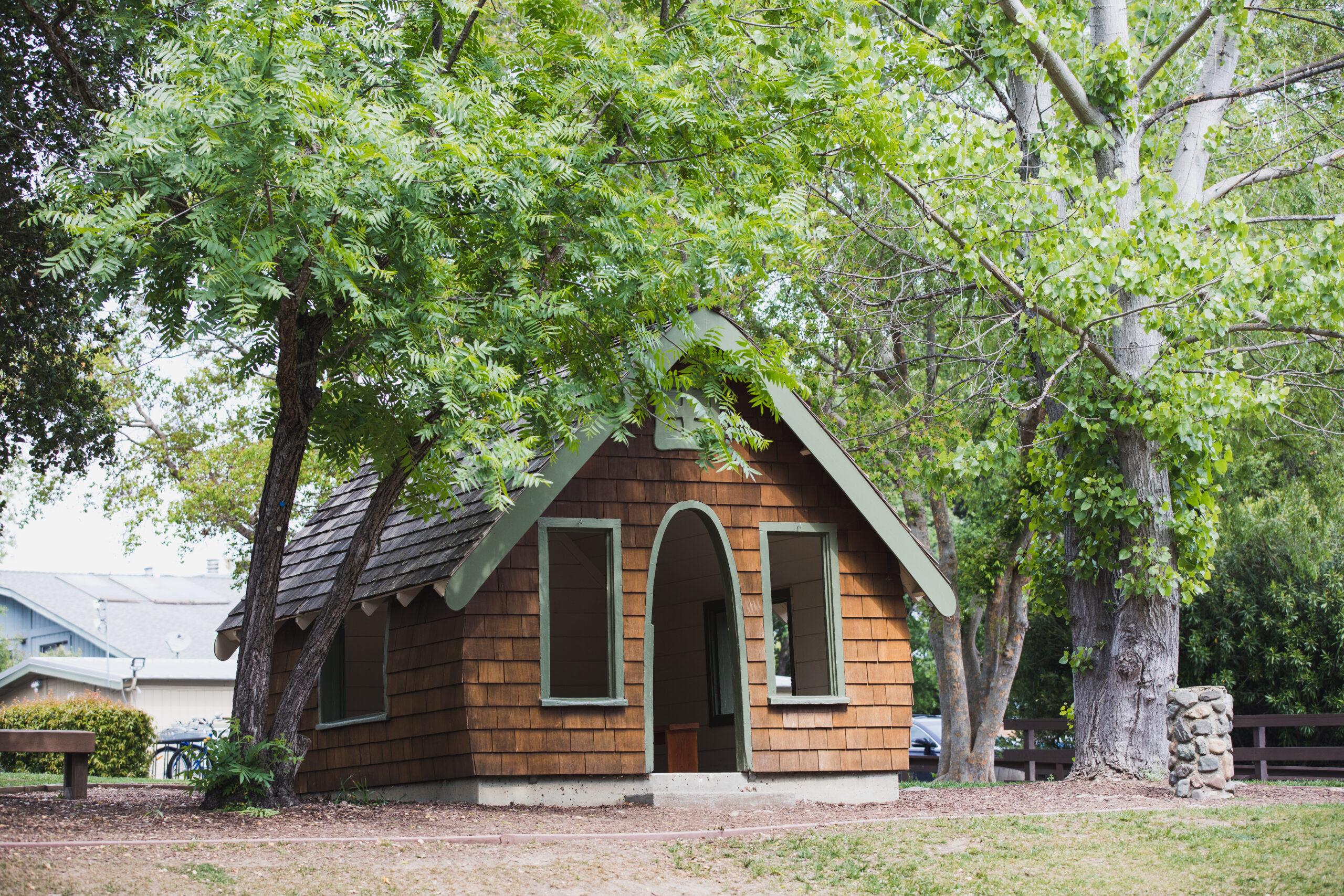Sunday morning, my family and I were digging in the earth, pulling weeds and preparing a small area of land in the backyard for a garden. For the first time in several years, we decided that we would clean up a space and plant some vegetables. It was a beautiful morning, with the sun shining and a cool breeze, and it didn’t take long for me to lose myself in thought.
I thought about the 8th graders, a group of young adults who I have watched grow through the years as both Head of School and parent. This time of year finds our 8th graders looking ahead, anxiously and enthusiastically making decisions about where to go for high school, while also simultaneously embracing their moment as the proverbial kings of the Hillbrook hill, the oldest students at school and the leaders on campus. As has been true every year, our 8th graders did extremely well in the high school application process, earning spots at all of the top high schools in the Bay Area as well as several leading boarding schools. The process of declaring where you are going to high school signals a major transitional moment for these young people, one that is bittersweet for both students and adults. Knowing where you are going next year makes the end of 8th grade feel decidedly more real for everyone.
Digging in the dirt, I had a vague recollection of hearing Sir Ken Robinson speak about gardening as a metaphor for childhood development and learning several years ago. A quick Google search later in the afternoon took me to this short clip:
In this short piece, Robinson contrasts the traditional industrial model of education – the notion that children are educated through a linear and predictable pathway akin to the factory-line production of a car – with an agricultural model, that views teachers as gardeners and children as plants. As Robinson notes, “You don’t stick the roots on and paint the petals and attach the leaves. The plant grows itself. What you do is provide the conditions.” In the same way, as a school, we don’t make the children bloom and grow – we create the conditions that allow them to become the best version of themselves.
Tonight our 8th graders will have a chance to blossom and shine, as they take the stage for the first of two productions of Once Upon a Mattress. For those of us who have known them for years – whether as parents or teachers, coaches or staff members, we will marvel at the extraordinary young people they have become. We will cheer for them as they show us what happens when young children are raised in an environment that emphasizes risk taking, kindness, curiosity, and a focus on being your best. We will celebrate their collective achievement, not necessarily any one actor or actress, for what is most noteworthy about the 8th grade musical every year is how a group of students – most of whom have little to no formal acting training – come together to produce a show that is professional and delightful. The musical itself is a celebration of the learning process, a public demonstration of the qualities that our 8th graders have developed along their Hillbrook journey – asking questions, working together, talking and listening, solving problems, and making things better.
Heeding the words of Sir Ken Robinson, we will also hopefully remember that these two shows are just one moment in a lifetime of moments in which these young people will blossom and shine. They are a confident, creative, and impressive group of young people – and, yet, they are still only 13 and 14 years old. There is much growing and much to life that lies ahead for each of them. As Sir Ken Robinson noted, good gardeners create the conditions for plants to grow, recognizing and honoring the unique needs of each plant at different moments throughout the life cycle. Learning is something that we engage throughout our lives, not just when we are young, and our 8th graders should be no exception.
Sir Ken Robinson’s words are also a reminder to all of us – educators and parents – that ultimately our children’s journeys are something we share and support, not control. We cannot add the petals and attach the roots – we can only guide them and love them unconditionally. We can celebrate with they reach the top of a mountain, and console them when they fall, but their successes and their challenges are ultimately theirs, not ours.
This summer, with the right care and attention, my family and I will be able to watch our garden flower and grow. Each beautiful blossom will remind me of the community at Hillbrook, the conditions we are creating in an effort to allow all children to reach their highest individual potential in school and in life. Each blossom will also remind me that my work as a parent and an educator is vital to the success of children, and yet, in the end, children grow and bloom in their own unique way and at their own unique pace.
